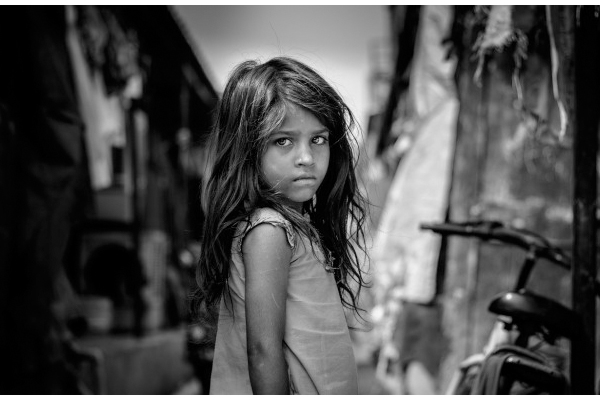
Businesses’ Impact on Human Rights: Indigenous Peoples and Vulnerable Groups
Companies need to be sensitive to actual or potential complicity with human rights abuses committed by governments against specific groups that might be subject to systematic discrimination and other limitations on their freedoms and ability to exercise their basic human rights. For example, if your company is considering a new investment project in areas where indigenous peoples are known to live and work, or in any community where it is likely that residents will have limited say in how they are treated by governmental authorities, special attention must be paid to actual and potential adverse human rights situations: governments may override or ignore claims to land title in order to push the project through, resulting in displacement and loss of livelihood for community members; the project may jeopardize the ability of community members to access water and other scarce natural resources that are essential to basic living and working conditions (e.g., water for drinking and hygiene purposes); and failure by the government to carry out a full and effective consultation and informed consent process with indigenous peoples will violate their internationally recognized human rights relating to land. Consideration must also be given to whether governmental authorities are discriminating against vulnerable groups in the community, thus depriving them of protections they should be entitled to as a matter of law and international human rights norms (e.g., failure of the government to provide adequate safety and sanitation services in neighborhoods populated primarily by certain ethnic or religious groups).
Your company’s human rights due diligence and action plans for entering and operating in local contexts like the ones described above should include the following:
- Commissioning and completing thorough independent assessments, with the cooperation of local governments and impacted stakeholder groups, of potentially competing land claims and issues regarding access to water and other scarce natural resources
- Conducting due diligence of both written title records and additional information outside of those documents that would inform better understanding of the history of land ownership, transfer and usage
- Supplementing traditional environmental impact assessments with due diligence on the impact of the proposed project on access to water and other scarce natural resources
- Identifying local groups that can reasonably claim the protections afforded to indigenous peoples and assessing whether such protections have been afforded in the past and in connection with the proposed project
- Commissioning and completing an independent assessment of historical governmental practices regarding vulnerable groups including unlawful restrictions on human rights and other discriminatory practices
Once the project has been approved, the company should embed policies and processes into implementation of the project to ensure that the rights of indigenous peoples and other vulnerable groups are respect by the company, regardless of the ongoing practices of government officials. The company should adopt policies against discriminatory practices, establish grievance mechanisms and provide for ongoing consultations with legitimate representatives of vulnerable groups in the community including training and support for their efforts to assert their rights vis-à-vis governmental bodies. The company should also commit to working with governmental officials to change the toxic context and promote the stability required for long-term sustainability of the project.
This is an excerpt from my forthcoming book on Business and Human Rights, which will be published by the American Bar Association in late 2020. For further information, click here.

Sorry, the comment form is closed at this time.